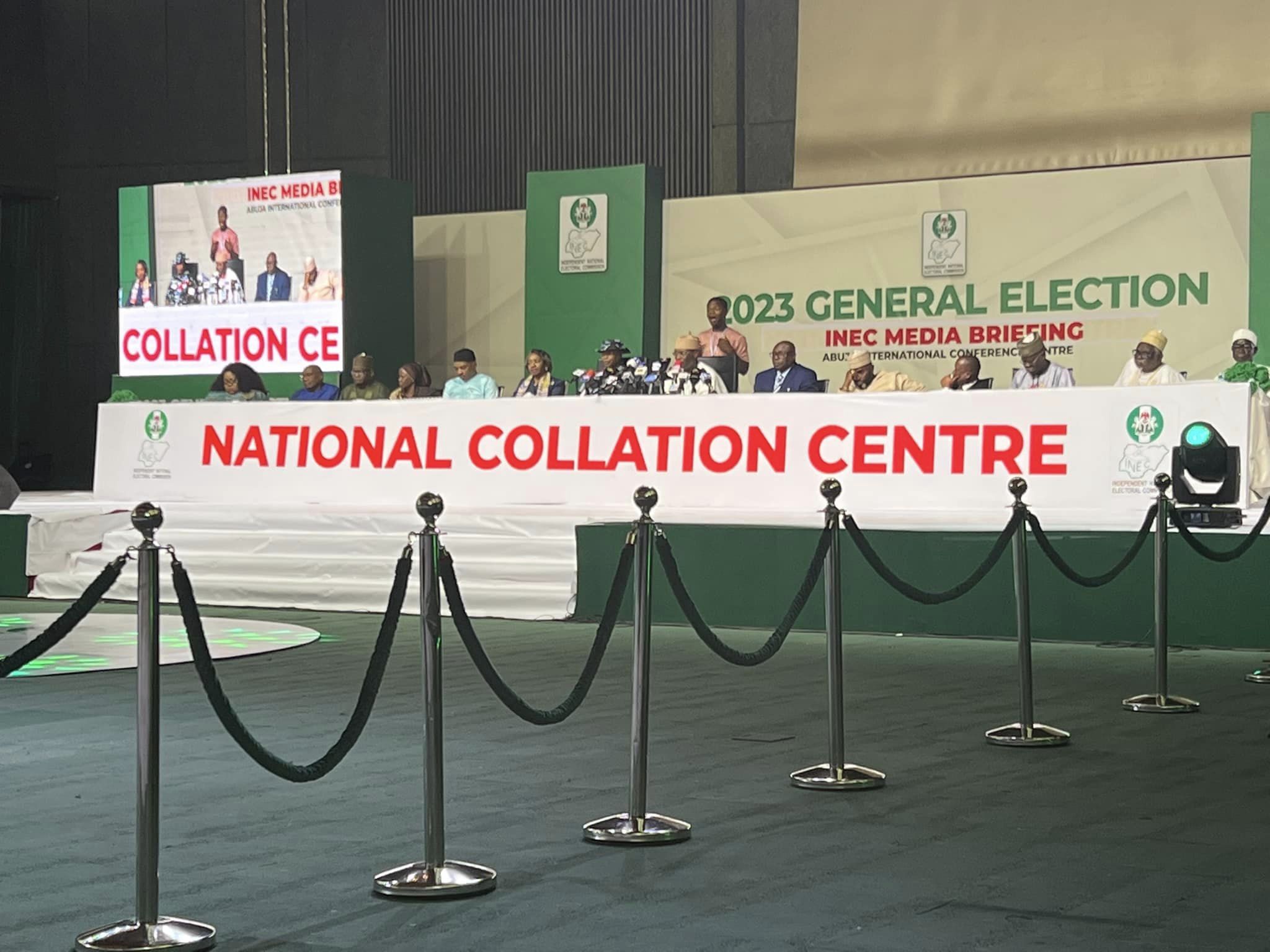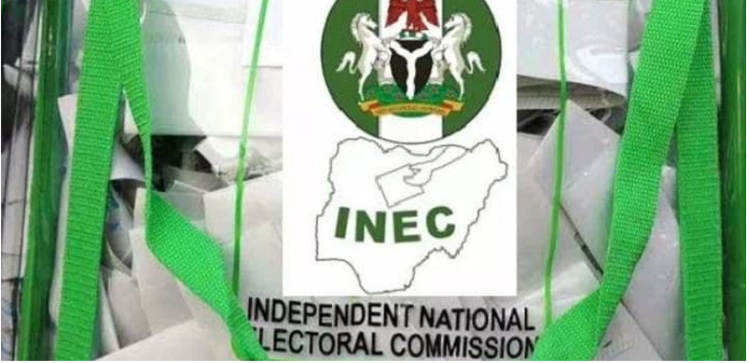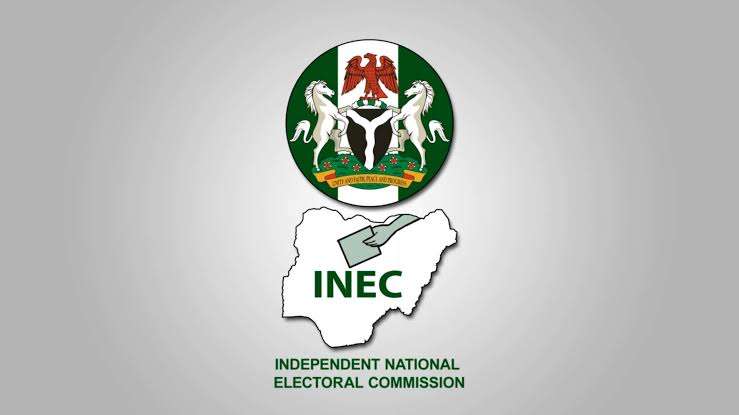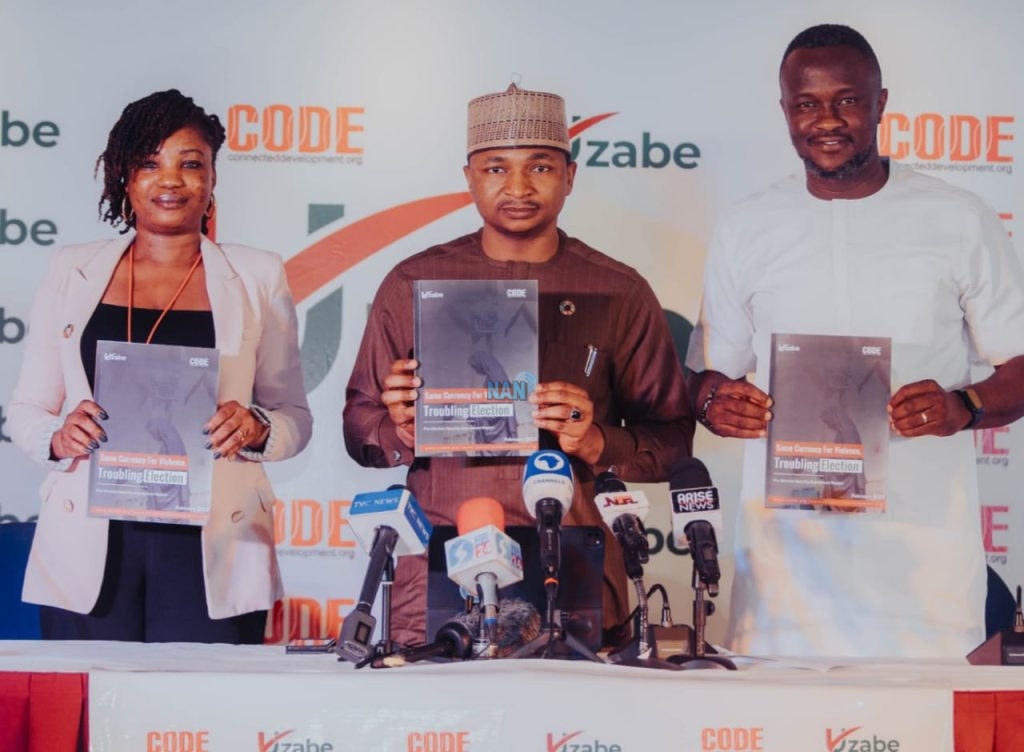The 2023 presidential election was held on March 18, 2023, and the contenders had wrapped up their campaigns.
Before the election, Nigerians must have a thorough understanding of the electoral voting system in order to participate in the process of seeing election outcomes.
The Independent National Election Commission has gradually detailed the voting system, what to expect, and how voters can determine whether it is free and fair using the INEC Result Viewing Portal (IReV).
Read also: Nigerian experts build Collate, a live result-viewing technology to prevent election rigging
IReV protects election votes with technology
According to a statement from INEC on IReV, the electoral referee attempts to use technology to boost the validity of elections and ensure the safety of voters who are participating in the voting process.
Nigeria’s electoral body, the Independent National Electoral Commission (INEC), has made it a priority during the past three elections to employ cutting-edge technological measures to bolster the credibility and security of the voting process.
This has lately gotten worse because of the COVID-19 pandemic’s threat to public safety, which has forced an inevitable shift towards distant exchanges in the political process rather than face-to-face ones.
Along with the Bimodal Verification Accreditation System tool, this will function together. Upon the completion of the accreditation procedure and voting, the BVAS will take a picture of the vote totals and upload it to the IReV site. In 36 states, it will be carried out at every voting location.
How does the INEC Result Viewing Homepage work?
Creating an account on the INEC Result Viewing Portal (IReV) to monitor election results
In order to verify the election results, you must first create an account on the INEC result viewing platform. The registration process is not too difficult. All you need is some basic contact information and a functioning email. The email address entered in the form receives an email confirming account activation.

You are immediately logged into the portal after entering the activation code on the website. This election viewing facility is available for elections other than the presidential one. On the first page, there are several election types, from the presidential election to the councillor election.

On the following page, it displays the election results for the upcoming presidential election in the various states and the time the results were last uploaded. You can choose the type of election for which you want to view the results.

To limit your search to a certain state, click it. Two adjacent parts are on the following page. On the left, a refresh button results statistics and the total number of results submitted are all visible.
You may view the state’s LGAs and their respective ward counts in the middle section. The number of polling units from each ward and LGA that have turned in their results can also be kept track of.
You can choose to keep an even closer check on specific locations by selecting the Visit Ward option next to each LGA. After clicking that link, you’ll be taken to a new website where you can monitor the evolving polling place totals.

The results papers are uploaded to the website in PDF format by the Bimodal Voters Accreditation System tool. After all polling places have turned in their online election result sheets, INEC will use the results from all LGAs and states to determine the winner of the presidential election.



